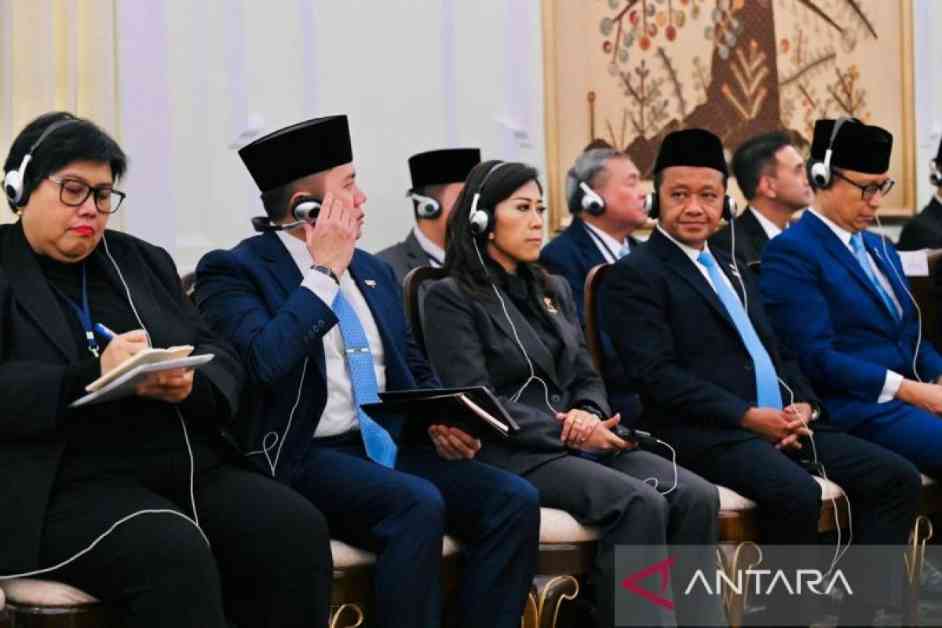Boosting Indonesia’s Coal and Nickel Industry with India’s Assistance
Jakarta (ANTARA) – Indonesia’s Minister of Energy and Mineral Resources, Bahlil Lahadalia, recently underscored the potential for India to play a pivotal role in advancing the downstreaming of Indonesia’s coal sector. This collaboration could also extend to investments in Indonesia’s nickel industry, a critical component in the production of electric vehicle batteries.
During a visit to New Delhi alongside President Prabowo Subianto, Lahadalia highlighted the strategic importance of cooperation between the two nations. He emphasized Indonesia’s position as a key player in the global production of strategic minerals and expressed optimism about the benefits that could arise from enhanced collaboration with India.
In a statement issued on Sunday, Lahadalia articulated the significance of Indonesia becoming a production hub for electric vehicle batteries, with India serving as a major partner in the global supply chain. This partnership, he noted, presents a golden opportunity to expedite the development of mineral and energy-based industries in Indonesia.
The minister stressed that beyond economic advantages, the collaboration with India could facilitate technology transfer and bolster the capacity of Indonesia’s workforce. Lahadalia’s vision is for Indonesia to not only accelerate its economic transformation but also solidify its position as a key player in the global supply chain.
Downstreaming, Lahadalia asserted, is a critical step in fortifying national economic resilience and fostering international cooperation. It entails more than just adding value to domestic commodities; it is about job creation and the expansion of natural resource-based manufacturing industries. By focusing on downstreaming, Indonesia aims to shift from exporting raw materials to exporting value-added products that can significantly benefit the national economy.
The Minister’s remarks echo the sentiment shared by Kadin, emphasizing the importance of downstreaming in propelling Indonesia towards high-income status. This strategic approach is seen as essential in driving economic growth and fostering stronger bilateral relations, as noted by the task force.
As Indonesia charts a course towards economic prosperity and industrial advancement, collaboration with India emerges as a promising avenue for mutual growth and development. The combined efforts of both nations in the coal and nickel sectors are poised to yield long-term benefits, not only economically but also in terms of technological advancement and human resource development.
In the broader context of global economic dynamics, the partnership between Indonesia and India holds immense potential in reshaping the landscape of mineral and energy-based industries. Through strategic collaboration and a shared vision for downstreaming, these two nations are poised to make significant strides in the realm of economic transformation and industrial innovation.
As Lahadalia aptly put it, downstreaming is not merely a policy approach; it is a pathway towards realizing Indonesia’s economic potential and solidifying its position on the global stage. With India as a key partner in this journey, the prospects for Indonesia’s coal and nickel industry appear brighter than ever before.






















